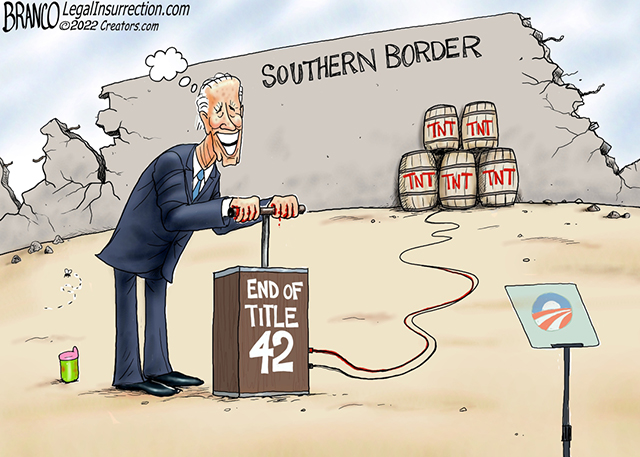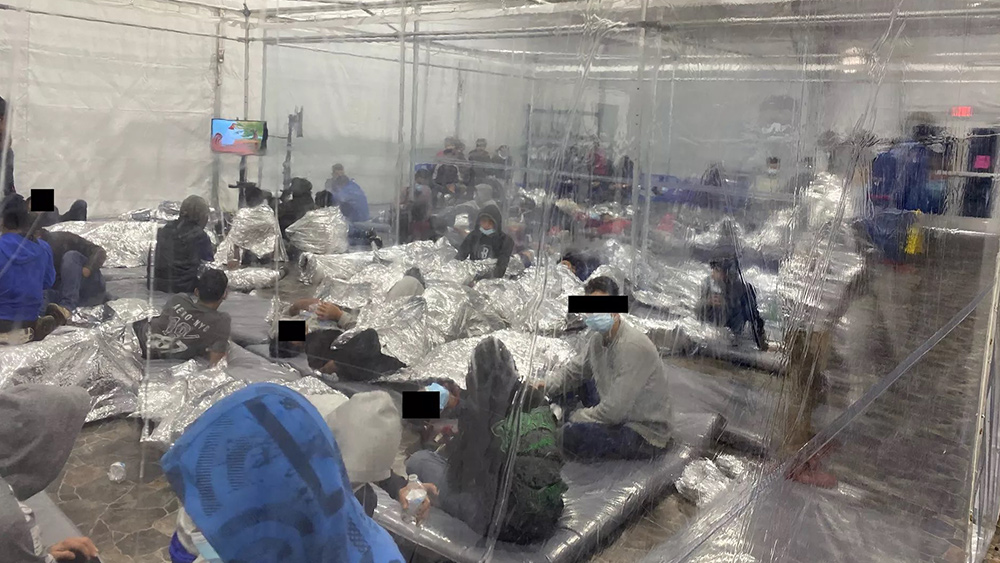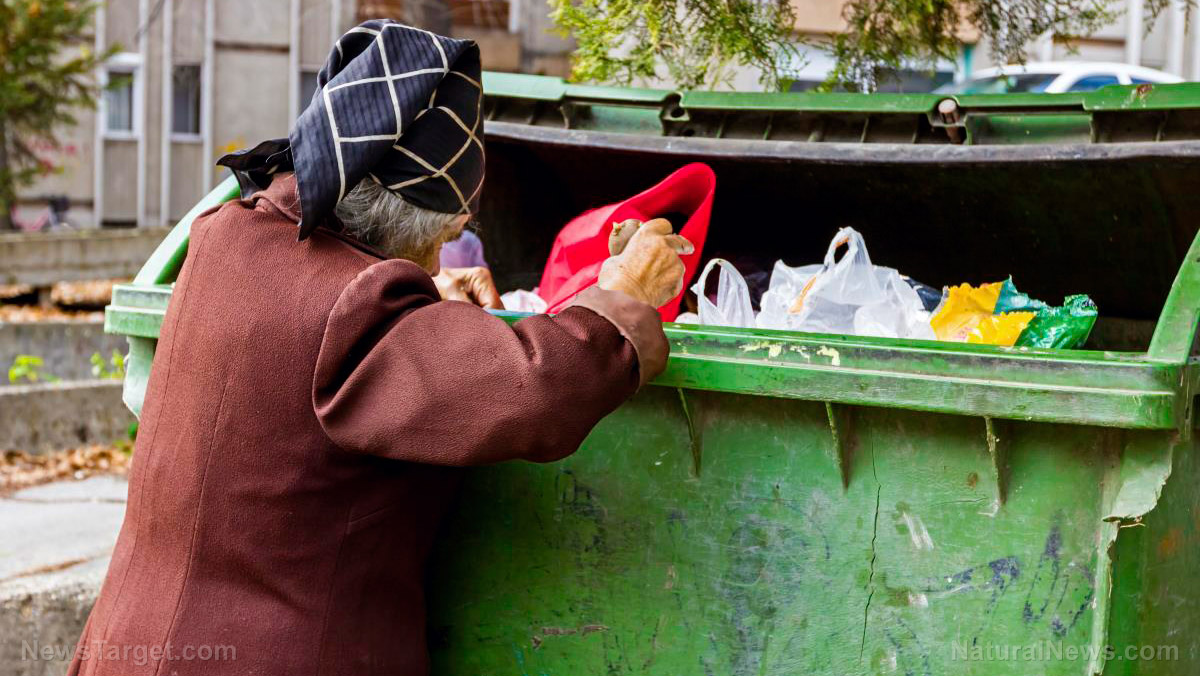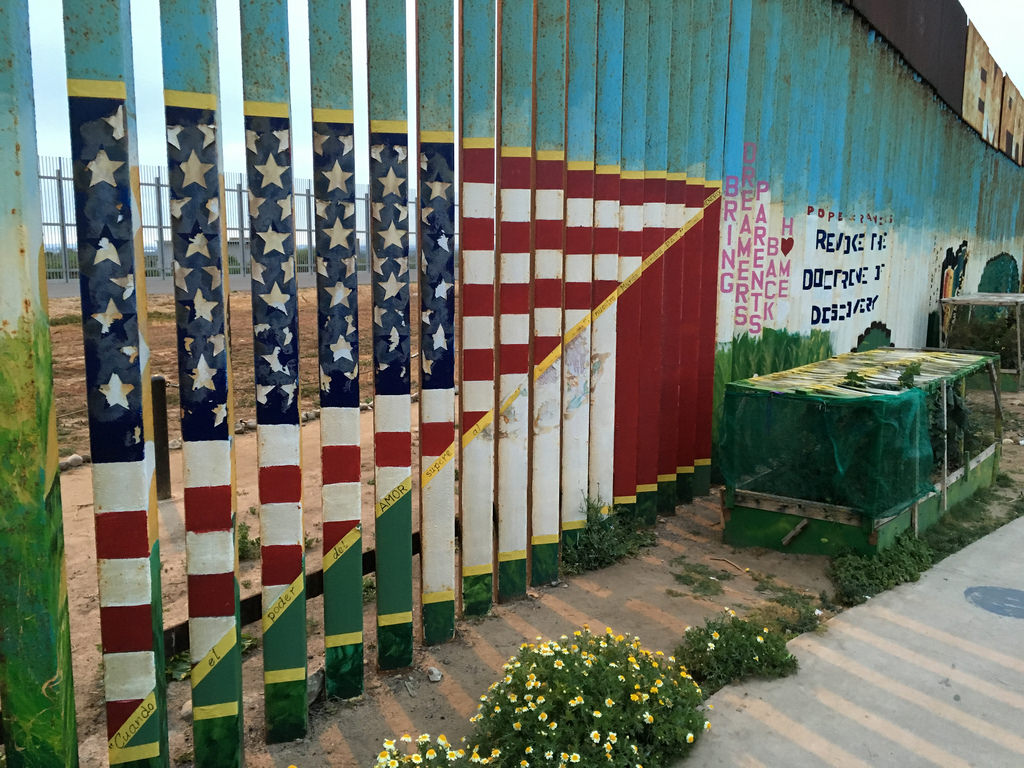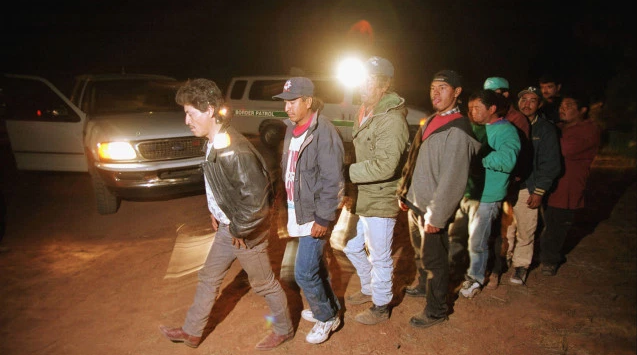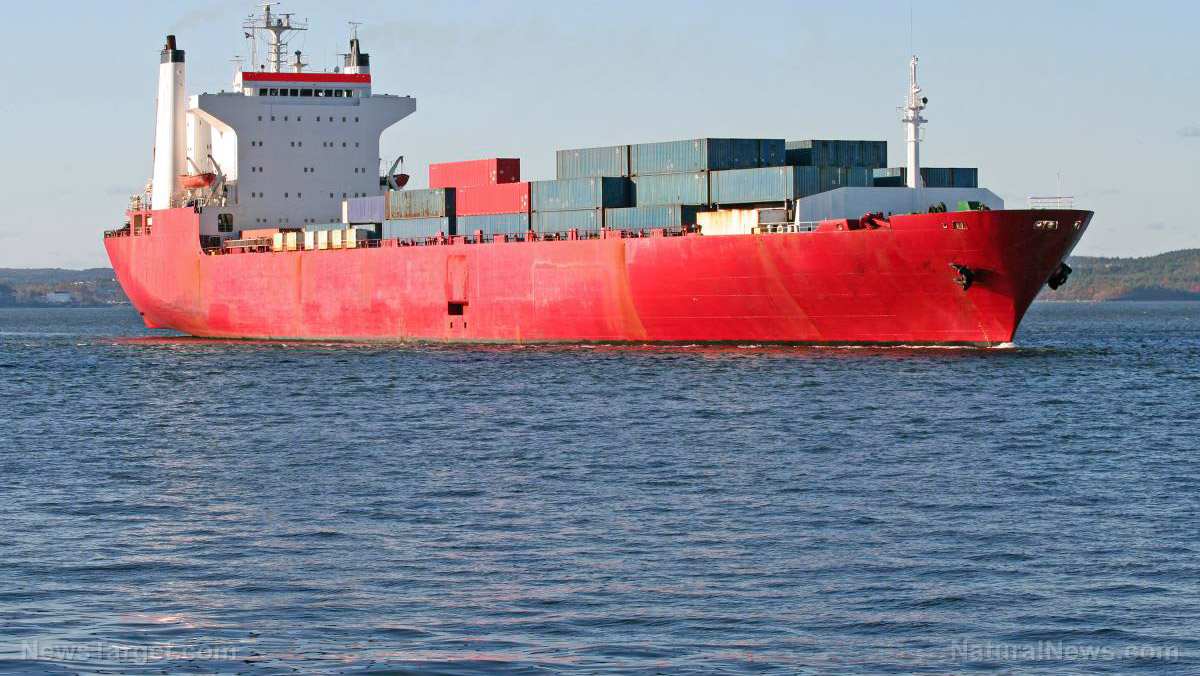
Back in October, President Biden promised that the crucial American cargo facility at the port of Long Beach would shift to an around-the-clock schedule to help with the backlog of cargo ships that is wreaking havoc on supply chains. However, the port's executive director, Mario Cordero, revealed this week that this still has not come to fruition.
In his State Of The Port address, Cordero said: "We will continue to advocate for transformational change – 24/7 operations. Not just here but throughout the supply chain. There are 168 hours in a week. For the most part, our terminals are open less than half those hours.
“Without expanding our terminals or building new facilities, we could handle still more cargo by utilizing more of those hours. We’d also need truckers and warehouses to go 24/7.”
It’s a big failure for Biden, who announced in October that both the Port of Los Angeles and the Port of Long Beach would start operating 24 hours a day, 7 days a week. He said: "Twenty-four/seven system — what most of the leading countries in the world already operate on now, except us, until now.
“This is the first key step toward moving our entire freight transportation and logistical supply chain, nationwide, to a 24/7 system.”
However, the plan immediately ran into trouble due to a lack of truckers and many warehouse workers being unwilling to work overnight shifts.
In his speech this week, Cordero said that the port is still dealing with a significant backlog. He added that the port has joined forces with a technology firm to create what he termed a “supply chain information highway” that will make it easier to track cargo across various modes of transportation.
Port backlogs persist
The port started this year with its busiest January ever recorded, with dock workers and terminal operators moving 4.8 percent more than last January, which also set a record. The port attributes its strong start to the year to efforts to move aging cargo out of its terminals, which have been impacting throughput and contributing to recent volume declines.
Cordero added: “We expect to remain moderately busy into the spring as we make significant progress to clear the docks and process the backlog of vessels waiting off shore.”
February is traditionally a slow month as far as imports are concerned due to factory closures overseas for the Lunar New Year. This year, however, February is expected to be busier than usual as work goes on to reduce congestion at the port. The Marine Exchange of Southern California reports that the ship backlog has fallen to around 90 container ships from a peak backlog of 109 noted on January 9.
The ports of Long Beach and Los Angeles have reported a combined 68 percent drop in aging cargo on their docks since announcing the Container Dwell Fee, which has yet to be implemented but will charge ocean carriers steep fines that grow each day for containers that sit too long on the docks. Port of Long Beach figures showed around 10,000 import containers sitting at the terminals on Thursday, which is down significantly from the more than 20,000 that were dwelling at the terminals late last year.
Despite Biden’s big promises, it is clear that there is no quick fix for the port backlog situation. Supply chain expert Rob Handfield told NY1: “These supply chains are really gummed up right now, and it's going to take quite a while for us to figure out how to get them all back going.”
Sources for this article include:
Please contact us for more information.















